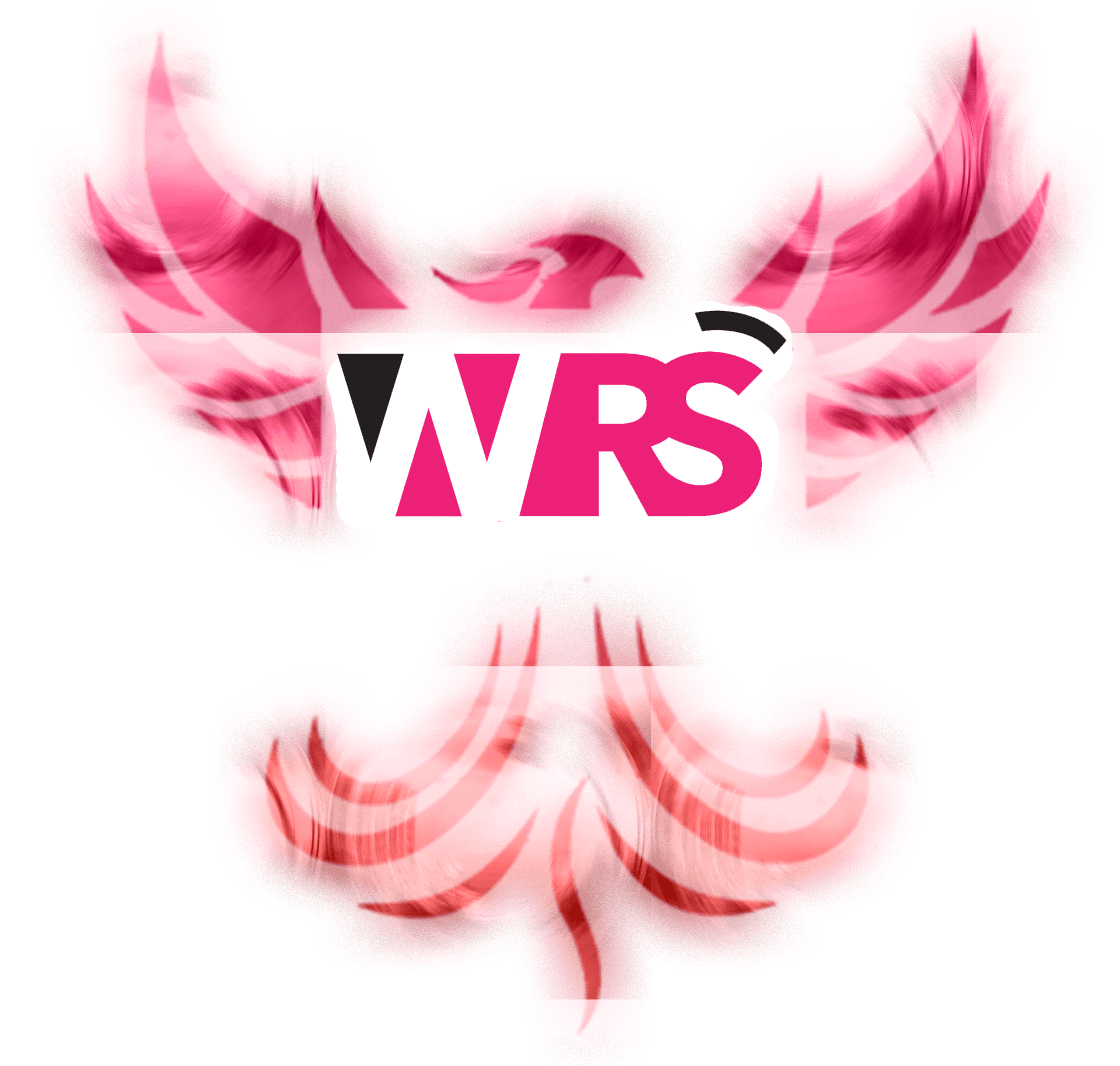
It is with a heavy heart WRS is closing
Dear cherished users,
After much consideration, we've made the difficult decision to close our doors. We want to express our sincerest appreciation for your loyal support over the years.
Although our journey together ends here, we encourage you to explore new horizons.
Thank you for being a part of our community. Farewell, and may your online adventures continue to be fulfilling and enriching.
Warm regards,
Women's Radio Station Team